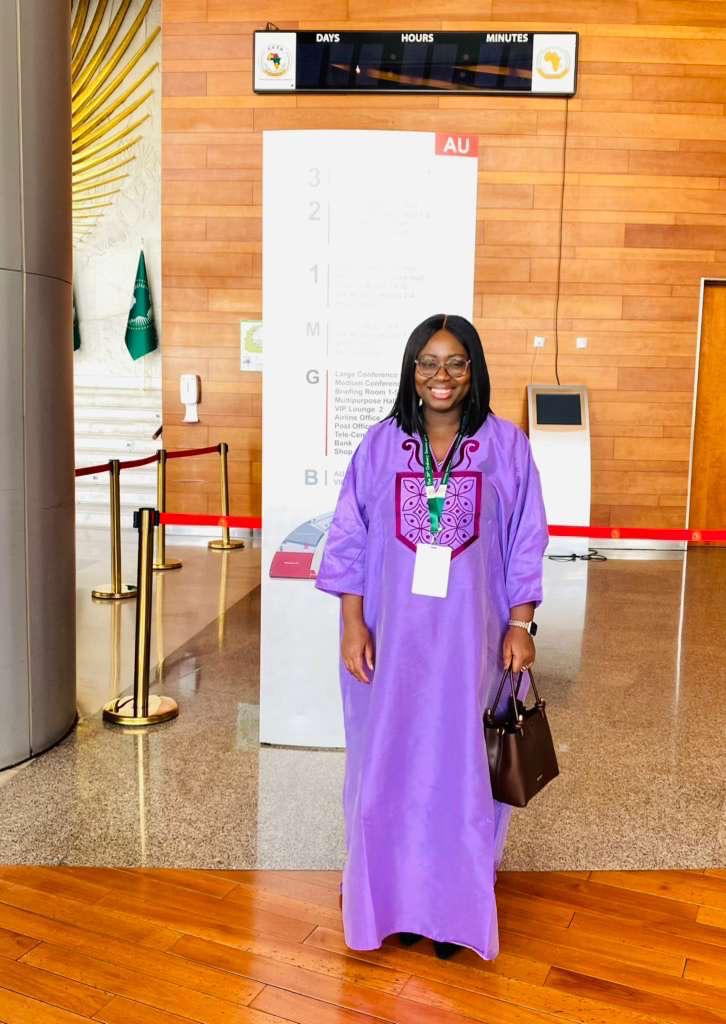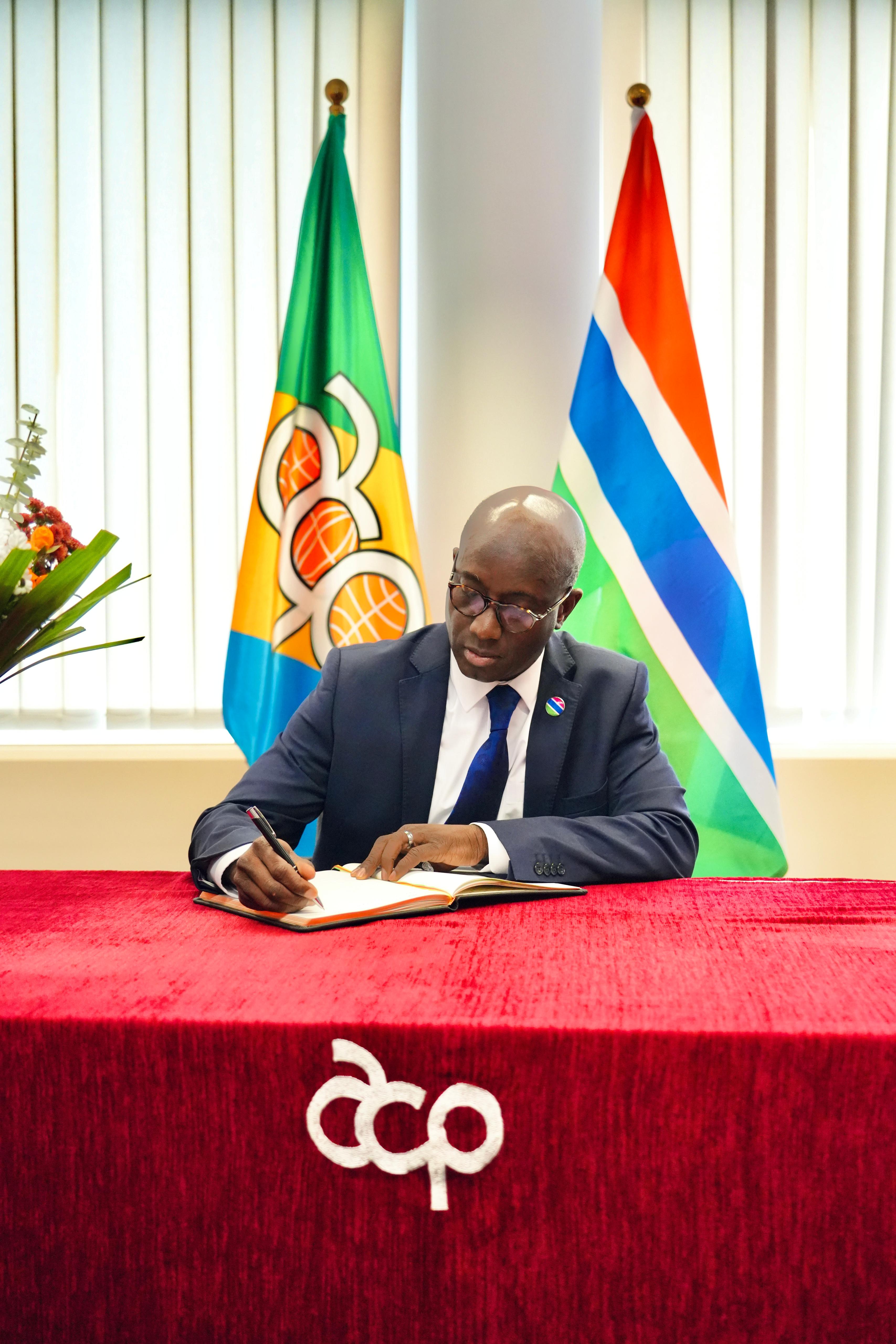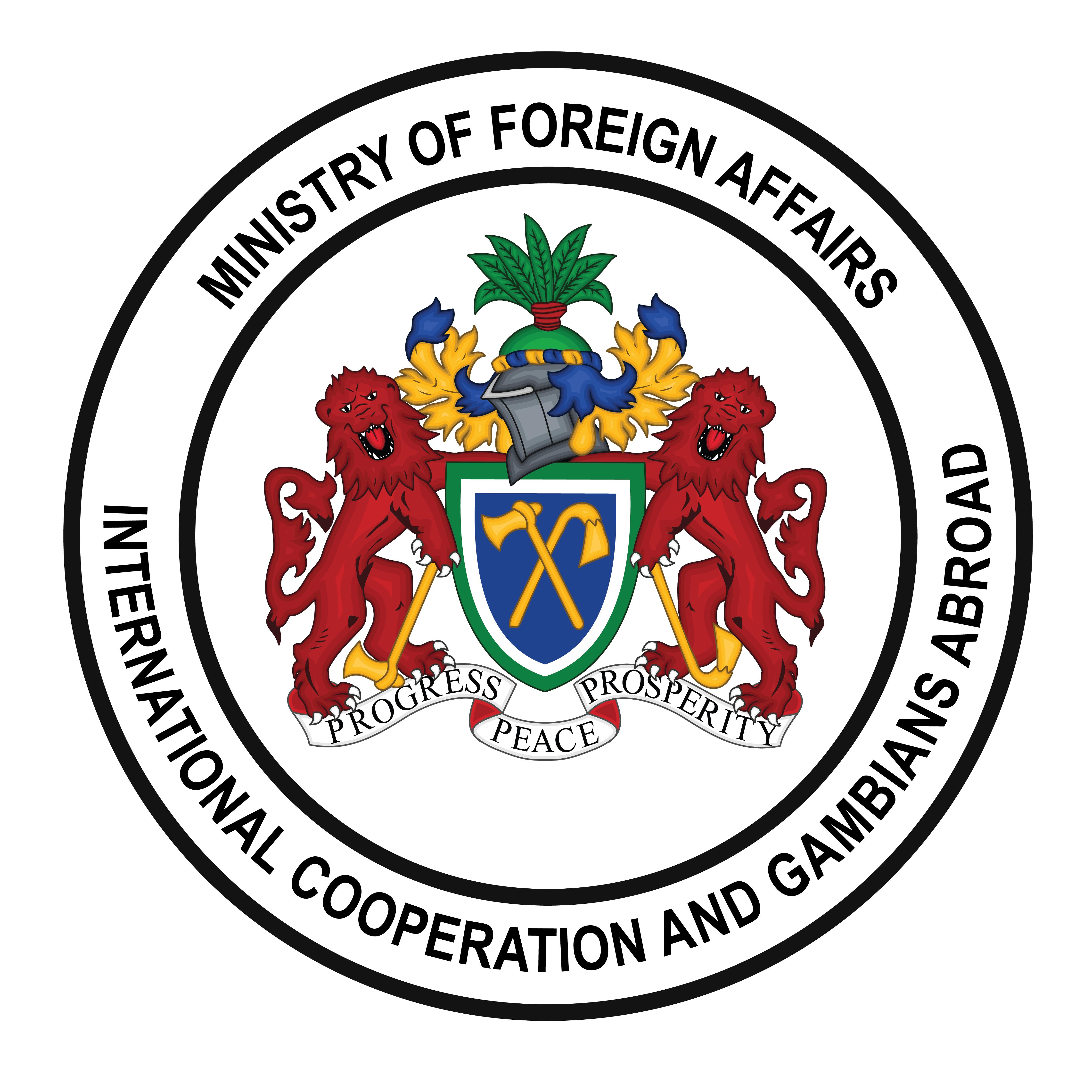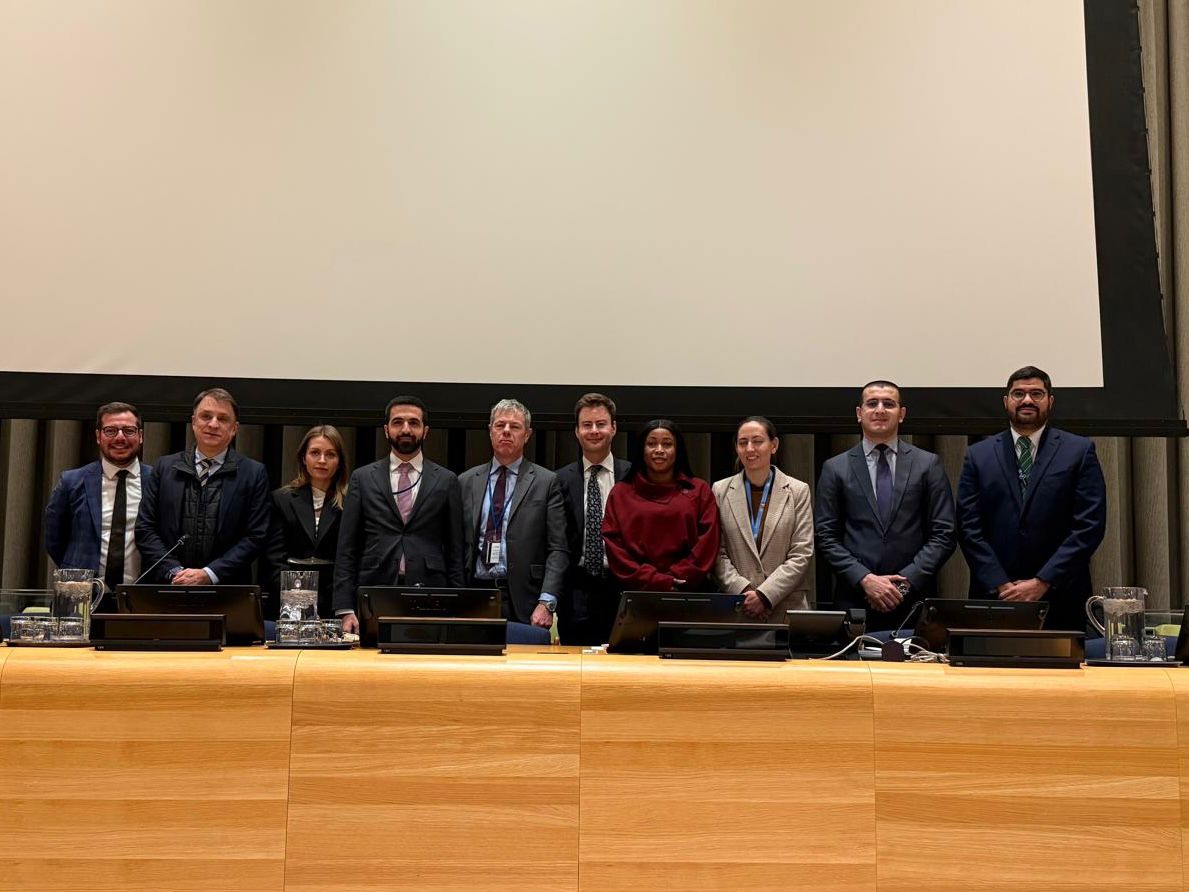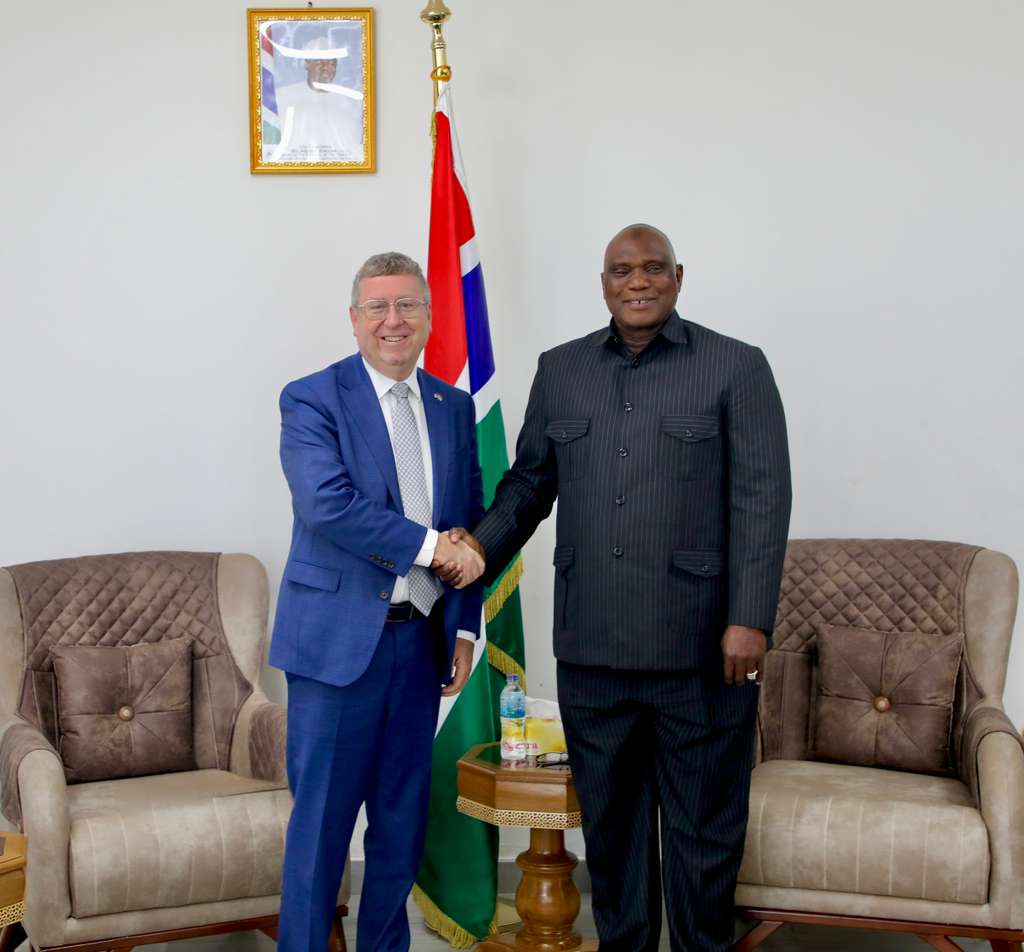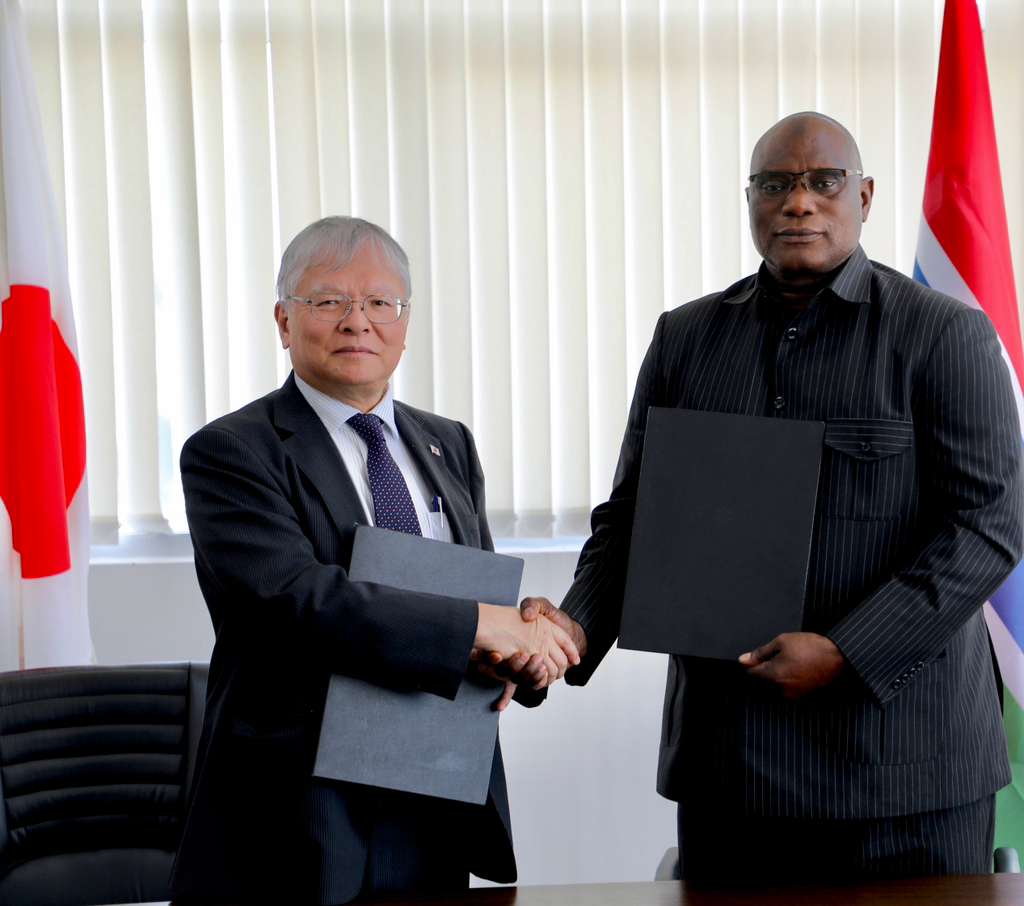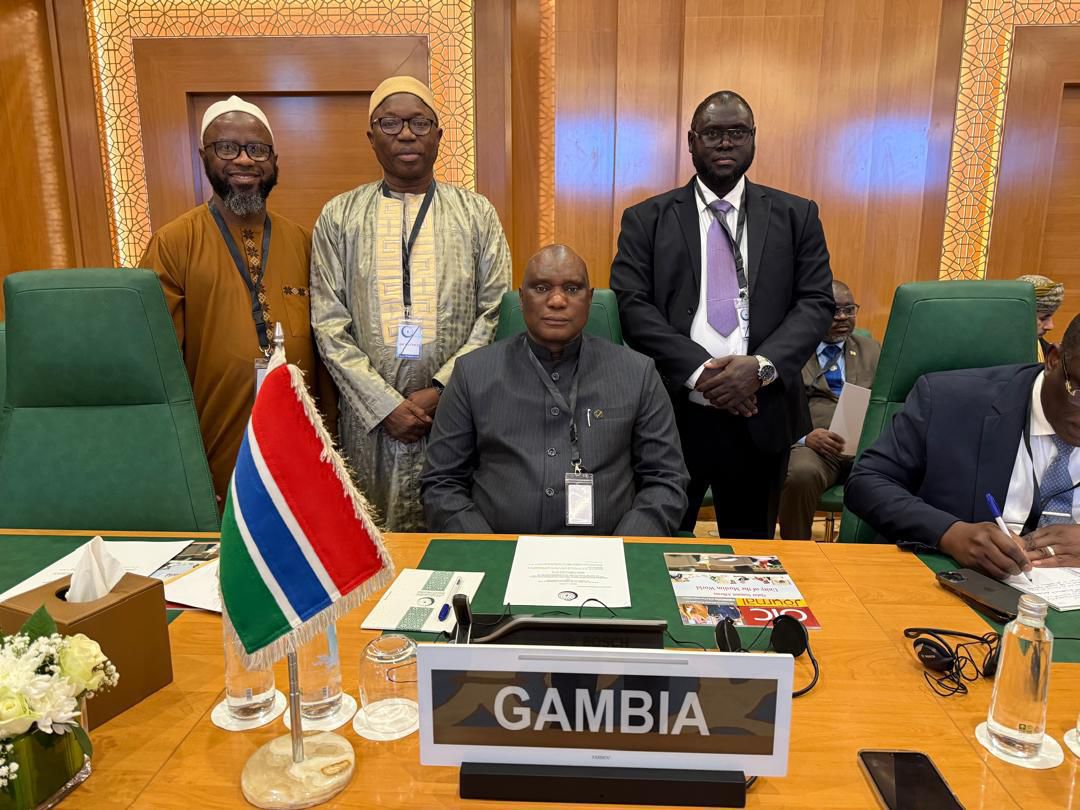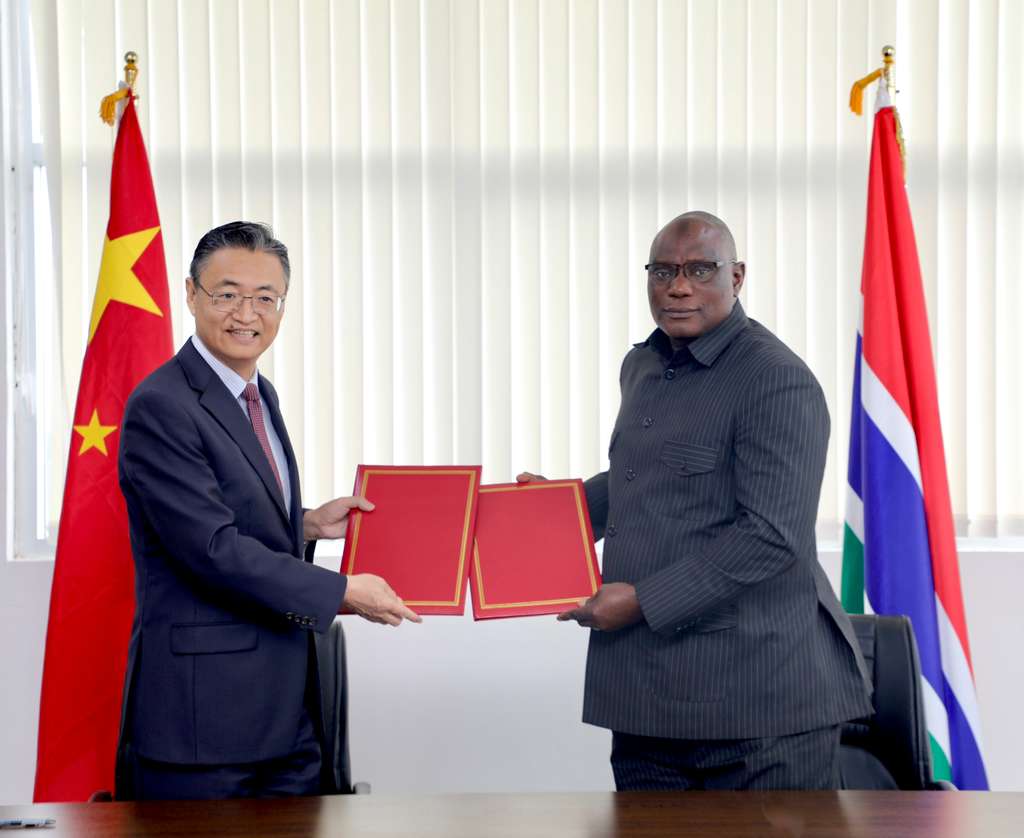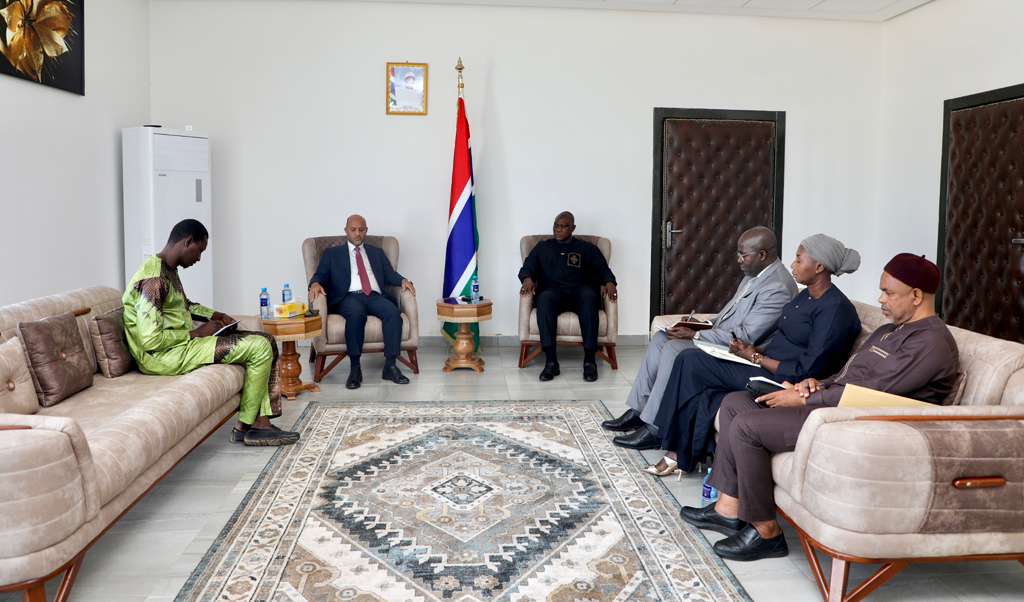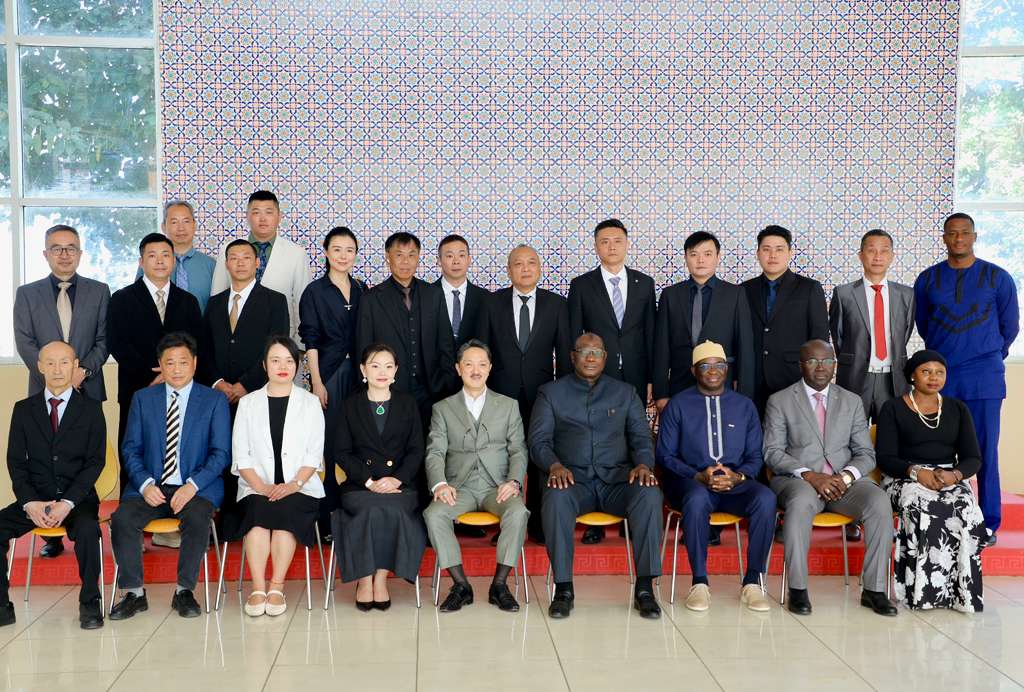STATEMENT BY H. E. MR. SERING MODOU NJIE, MINISTER OF FOREIGN AFFAIRS, INTERNATIONAL COOPERATION AND GAMBIANS ABROAD (CHAIRMAN OF THE 15TH OIC ISLAMIC SUMMIT) AT THE EXTRAORDINARY SESSION OF THE COUNCIL OF FOREIGN MINISTERS OF THE ORGANIZATION OF ISLAMIC COOPERATION ON THE “DEVELOPMENTS IN THE SITUATION IN THE FEDERAL REPUBLIC OF SOMALIA FOLLOWING THE RECOGNITION BY ISRAEL, THE OCCUPYING POWER, OF THE SO-CALLED ‘SOMALILAND’ AS AN INDEPENDENT STATE”. JEDDAH, KINGDOM OF SAUDI ARABIA 10TH JANUARY 2026 Bismillahi Al Rahman Al Raheem Asalaamu Alaikum Warahmatullah Wa Barakatuhou Your Excellency Dr. Hakan Fidan, Minister of Foreign Affairs of the Republic of Tϋrkiye, and Chairman of the 51st Session of the Council of Foreign Ministers of the Organization of Islamic Cooperation; Your Highness Prince Faisal bin Farhan Al Saud, Minister of Foreign Affairs of the Kingdom of Saudi Arabia; Your Excellency, Mr. Hissein Brahim Taha, Secretary General of the Organization of Islamic Cooperation; Your Excellency, Mr. Abdisalam Abdi Ali, Minister of Foreign Affairs of the Federal Republic of Somalia; Excellences, Colleague Ministers; Excellences, Assistant Secretary Generals of the OIC; Distinguished Heads and Representatives of the Sub – Organs and affiliated institutions of the OIC; Distinguished Delegates; I have the honour to address this Extraordinary Emergency Session of the Council of Foreign Ministers on behalf of the Republic of The Gambia – Chair of the 15th OIC Islamic Summit, convened at the request of the Government of the Federal Republic of Somalia, following the Open-Ended Meeting of the OIC Executive Committee at the level of Permanent Representatives, held on 1st January 2026 at this very Headquarters. Excellences, First and foremost, my delegation would like to express sincere gratitude and heartfelt appreciation to The Custodian of The Two Holy Mosques, His Majesty King Salman bin Abdul Aziz Al Saud, and the Crown Prince and Prime Minister, His Royal Highness Prince Mohammed bin Salman Al Saud (May Allah Preserve Them) for the generous hospitality and facilities placed at our disposal since our arrival in this Holy Kingdom. We also seize this opportunity to thank His Excellency the OIC Secretary General and his team for effectively and diligently facilitating and coordinating the work of our Organization in pursuit of the aspirations of our Ummah. Excellences, This Emergency Session reflects the seriousness and urgency with which our Organization views the grave developments affecting the Federal Republic of Somalia, arising from the recent and unlawful action by Israel, the Occupying Power, purporting to recognize the so-called “Somaliland” as an independent state. Allow me to state, clearly, categorically, and unequivocally, that The Gambia, together with all Member States of the Organization of Islamic Cooperation, strongly condemn and firmly reject this illegal and provocative act. This action constitutes a blatant violation of international law, the Charter of the United Nations, the OIC Charter, and the Constitutive Act of the African Union, and represents a direct assault on the sovereignty, unity, territorial integrity, and political independence of the Federal Republic of Somalia. We therefore reiterate our long-standing and principled position, as reflected in successive resolutions of the Council of Foreign Ministers, reaffirming that Somaliland remains an integral and inseparable part of the Federal Republic of Somalia and that any attempt to alter Somalia’s status or borders through unilateral actions is null and void and without legal effect. Excellences, This unlawful act also runs counter to African Union decisions, including those of the AU Assembly, Executive Council, and Peace and Security Council, which consistently uphold the principles of respect for existing borders, territorial integrity, and the rejection of secessionist agendas on the African continent. We also express our absolute and unwavering support and solidarity with the Government and people of the Federal Republic of Somalia, and commend their resilience and steadfast commitment to national unity, peace, reconciliation, and state-building, despite the persistent challenges they continue to confront. This latest action by Israel must be viewed within the broader context of its continued defiance of international legitimacy, including its ongoing occupation of Palestinian and Arab territories and repeated violations of United Nations resolutions and international humanitarian law. The extension of such unlawful practices to Africa poses a serious threat to regional stability, particularly in the Horn of Africa, and must be rejected by the international community. In this regard, The Gambia calls upon: 1. All States and international and regional organizations to reject unequivocally any form of recognition or engagement that legitimizes secessionist entities in Somalia; 2. The United Nations and the African Union to uphold their respective charters and reaffirm Somalia’s unity and territorial integrity; and 3. OIC Member States and partners to continue providing political, security, humanitarian, and development support to Somalia, in close coordination with its Federal Government. 4. All Member States, partners, and relevant international and regional organizations to remain vigilant and refrain from any act or statement that may legitimize secessionist agendas. Excellences, In conclusion, I wish to reaffirm that The Gambia, as Chair of the 15th OIC Summit, remains fully committed to defending the sovereignty and territorial integrity of all OIC Member States, and to upholding the principles, resolutions, and collective decisions of our Organization. We shall continue to stand firmly and resolutely with the Federal Republic of Somalia until its unity and sovereignty are fully respected and safeguarded. May Allah guide our deliberations and grant success to our collective efforts. I thank you for your kind attention.

